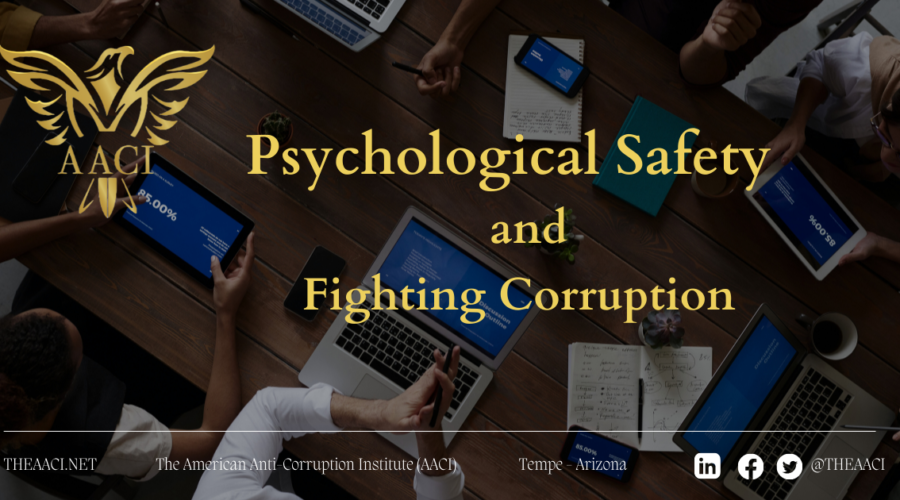Technical Staff
August 1, 2023
A summary of the key points from an article entitled.”What Is Psychological Safety?” 1 is as follows:
- Psychological safety refers to an environment where people can express themselves without fear of negative consequences. It’s a shared belief that the team is safe for risk-taking.
- In psychologically safe teams, people believe their colleagues will not embarrass or punish anyone for speaking up. This leads to greater participation and willingness to learn without fear.
- Psychological safety allows team members to focus less on self-protection and more on contributing. Feeling safe, people concentrate their energy on work and collaboration.
- Leaders play a crucial role in fostering psychological safety by modeling openness, inviting participation, and reacting positively when people speak up. They must also draw out quiet voices.
- To build psychological safety, teams need norms that enhance respect, trust, and openness. But it’s more than setting ground rules – leaders must reinforce those norms daily.
- Psychological safety is paramount when tackling complex organizational change, culture, ethics, and performance problems.
- Research shows psychologically safe teams perform better, provide better customer service, and make better decisions while feeling less stressed and more engaged.
Psychological safety emerges when teams feel comfortable being themselves, participating, and discussing issues without fear of negative backlash. It’s a critical enabler of communication, learning, and high performance.
Psychological Safety and Whistleblowing
As an organization is ultimately a team that aspires to achieve common objectives, how effectively would a psychological safety environment help to support whistleblowing?
A psychologically safe environment can be very effective in supporting whistleblowing in an organization for a few key reasons:
- It encourages people to speak up about issues without fear of retaliation. Employees will feel more empowered to voice concerns when there is trust, openness, and no adverse consequences.
- It signals that the organization cares about transparency, integrity, and fixing problems. Rather than covering up issues, the culture promotes surfacing them.
- Leaders support people who raise complex topics like misconduct or unethical behavior. This encourages others to also come forward in the future.
- There are established processes for reporting issues that employees trust will be addressed reasonably rather than dismissed. This provides clear channels for whistleblowing.
- People are given the benefit of the doubt for having good intentions when raising issues rather than being automatically suspected of disloyalty or trouble-making.
- Raising issues is framed as an act of courage that benefits the organization, not betrayal. This lights the way for the next whistleblower.
Of course, establishing proper psychological safety at scale is challenging. But on balance, promoting openness, trust, and secure ways to speak up can encourage whistleblowing to expose problems that might otherwise fester. A psychologically safe culture says, “We have your back” to those who take that courageous step.
Sources:
1. Gallo, Amy, 2023. What Is Psychological Safety? [online] Harvard Business Review. Available at: https://hbr.org/2023/02/what-is-psychological-safety [Accessed 16 July 2023].
Source link



